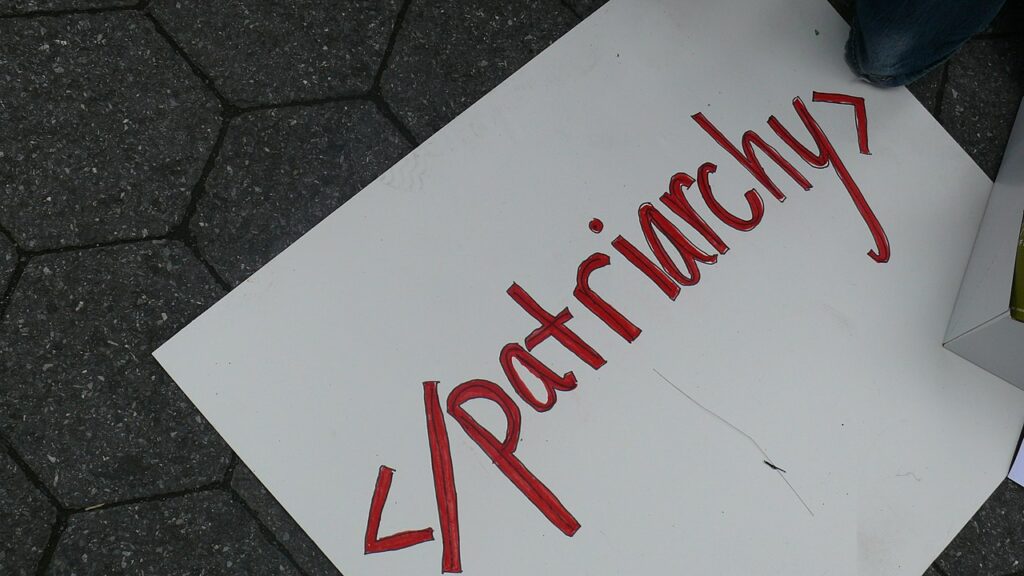April 6, 2024 | The European Conservative | By Laurie Wastell
British public life has by now been thoroughly colonised by leftist politics.

It is testament to the warped priorities of Britain’s political class that the recent fracas around the Garrick Club has now rumbled into its third week. For those blissfully ignorant of this confected controversy, the Garrick is a gentlemen’s club in London’s West End, founded in 1831 in honour of the 18th-century Shakespeare actor, David Garrick. It also doesn’t admit women, which is why left-wing social reformers have long waged a campaign to pry open its membership under the banner of sexual egalitarianism.
After holding out for many years, the Garrick may now be beginning to crack. Last month, after The Guardian published a full list of its members, four senior judges decided they were unwilling to be publicly associated with this “bastion of the patriarchy” and followed the bosses of the civil service and MI6 in resigning from the club. Amid continued pressure, a crunch club meeting on Thursday, April 4, will debate whether to cave to the mob and accept a proposal to admit new female members. Among their ranks are the classicist Mary Beard, former home secretary Amber Rudd, and broadcaster Cathy Newman.
Whichever way the vote goes, the controversy has demonstrated just how extensively the new orthodoxy of equality, diversity, and inclusion has come to dominate Britain’s public life. Indeed, the Garrick’s critics may do their best to imagine themselves as plucky underdogs taking on a powerful male establishment, but it isn’t the 1960s anymore—the boot is now firmly on the other foot. Even The Guardian, which has produced more than 20 breathless stories against the Garrick since last month, admits that the Garrick represents “Britain’s declining patriarchal elite as it utters its final gasps.” Modern Britain runs according to a new public orthodoxy, and it will suffer no opposition to its leftward march.
In the days after the list was published, the signal incident was the self-defenestration of civil service boss Sir Simon Case and MI6 chief Richard Moore. Case was addressing a parliamentary committee on strategic thinking in government when former Labour minister Liam Byrne decided to grill him on whether he could adequately “foster a genuine culture of inclusiveness” in Whitehall while being a member of the Garrick. Quite what relevance employees’ hypothetical hurt feelings had to the matter at hand—the committee had been hearing evidence about Britain’s nuclear deterrent—is anybody’s guess. As Case belatedly put it by the end of the exchange, “In the context of strategic thinking in government, I am not sure it is that important.”
But instead of Case dismissing the inane question, the committee endured a minutes-long digression as Case attempted to defend himself. “If you believe profoundly in reform of an institution,” he explained of his membership, “by and large, it’s easier to do if you join it to make the change from within rather than chuck rocks from the outside.” What’s more, he added, “Every person in favour of fixing this antediluvian position who leaves means that these institutions don’t change.” It was a risible defence. First, few will believe his claim to have wilfully joined an institution he believes is “antediluvian.” But more importantly, in so saying, Case accepted the premise that the Garrick is reprehensible by its nature for excluding women and is crying out to be made more egalitarian. Having dutifully conceded that this all-male organisation essentially ought not to exist since it offends the great and the good, it was only a matter of time before he felt he had to quit it.
Richard Moore, whose membership of the Garrick was also raised at the committee, made the same mistake. He assured all his MI6 employees that, being Britain’s chief spy, he was reforming the organisation from within to allow more women to join; within 24 hours, he had sent another note saying he too was leaving the club.
It says a lot about Britain’s elite culture that these senior public servants, two of the most powerful men in the country, were so swiftly routed by the suggestion they had violated a progressive taboo. Neither dared assert his right to freedom of association, for instance, or appeal to tradition and the club’s long history, or even simply say that it’s nobody’s business what he does in his private life. Indeed, in their hapless protestations, they could find nothing at all to say in the Garrick’s favour. Leftist ideology is so hegemonic in Britain today that they could only justify their membership in this explicitly exclusive institution—which counts among its members prominent politicians, lawyers, actors, and even the King—in terms of ‘inclusive’ social reform.
The controversy thus brings into view the scope of the revolution Britain has undergone in recent years. In a statement denouncing the pair’s membership in the Garrick, Harriet Harman MP, architect of Labour’s 2010 Equality Act, accurately outlined the lie of the land. “Equality for women is a recognised public policy objective,” she declared, “and all those in public life should be committed to that objective.” The worst thing about this remarkably Stalinist statement is that, from a legal point of view, she is right. Fourteen years of Conservative government have only entrenched Labour’s equalities revolution, of which the Equality Act is the centre piece. Under its Public Sector Equality Duty, all public institutions are expected to promote equality and diversity in everything they do. One can draw a straight line from this duty to the fact that everything in Britain’s public life, be it Whitehall, the security services, the National Trust, or the Army, now kneels to the orthodoxy we know as woke.
While part of this has meant the inexorable growth of Britain’s diversity bureaucracy, we can see here how the equality, diversity, and inclusion statements it mandates also serve as a loyalty pledge. There has long been debate about what explains Western institutions’ woke turn: is it because they’re now staffed by a new elite of graduate radicals, or are most officials just going along to get along, their repeated pronouncements simply shallow virtue-signalling? This row illustrates that where public servants privately sit between these two poles doesn’t necessarily matter. True believers or not, Case and Moore preside over institutions that have made public pledges to promote equality, diversity, and inclusion; they have made such pronouncements themselves. This means that should they ever be inclined to oppose any element of this ideology, they haven’t a leg to stand on. Which, of course, is precisely the point. Back in the late 1990s, Tony Blair’s aim for New Labour was to ordain a “century of progressive politics” in Britain using a philosophy of liberal legalism. Clearly, his success has been equal to his ambition. British public life has by now been thoroughly colonised by leftist politics, and little wonder. Left versus Right is no longer a fair fight between competing ideologies when one of them has been enshrined into law.
Laurie Wastell is journalist and writer based in London.

